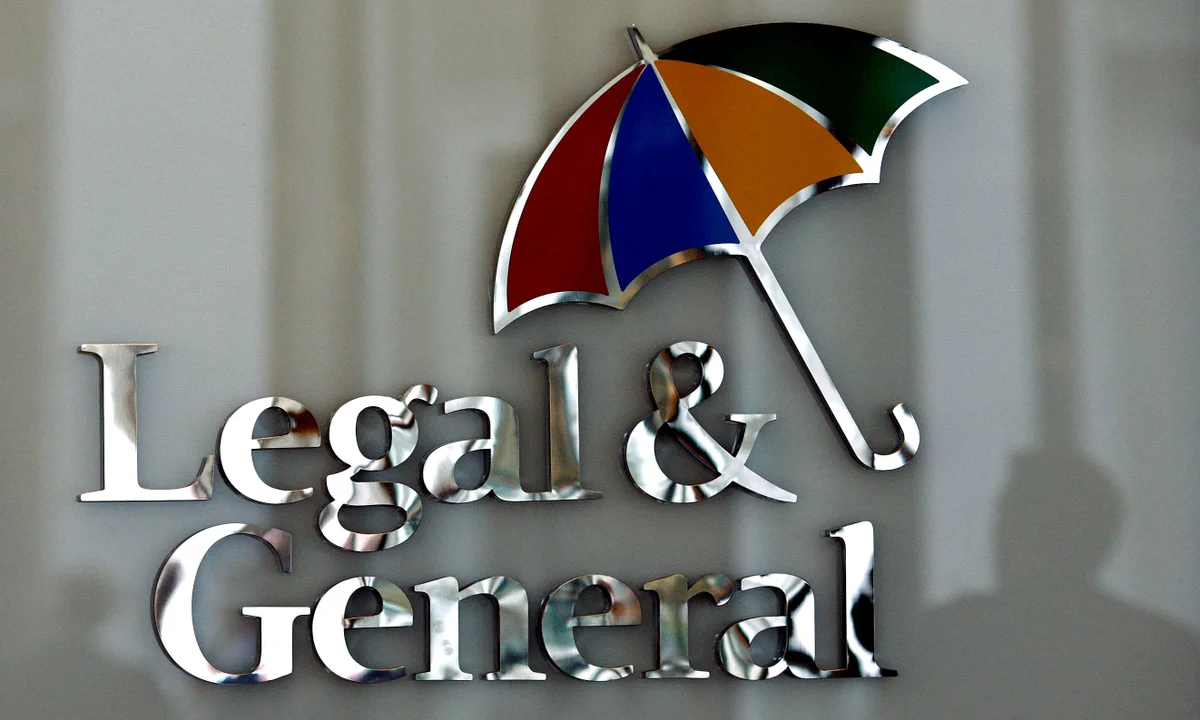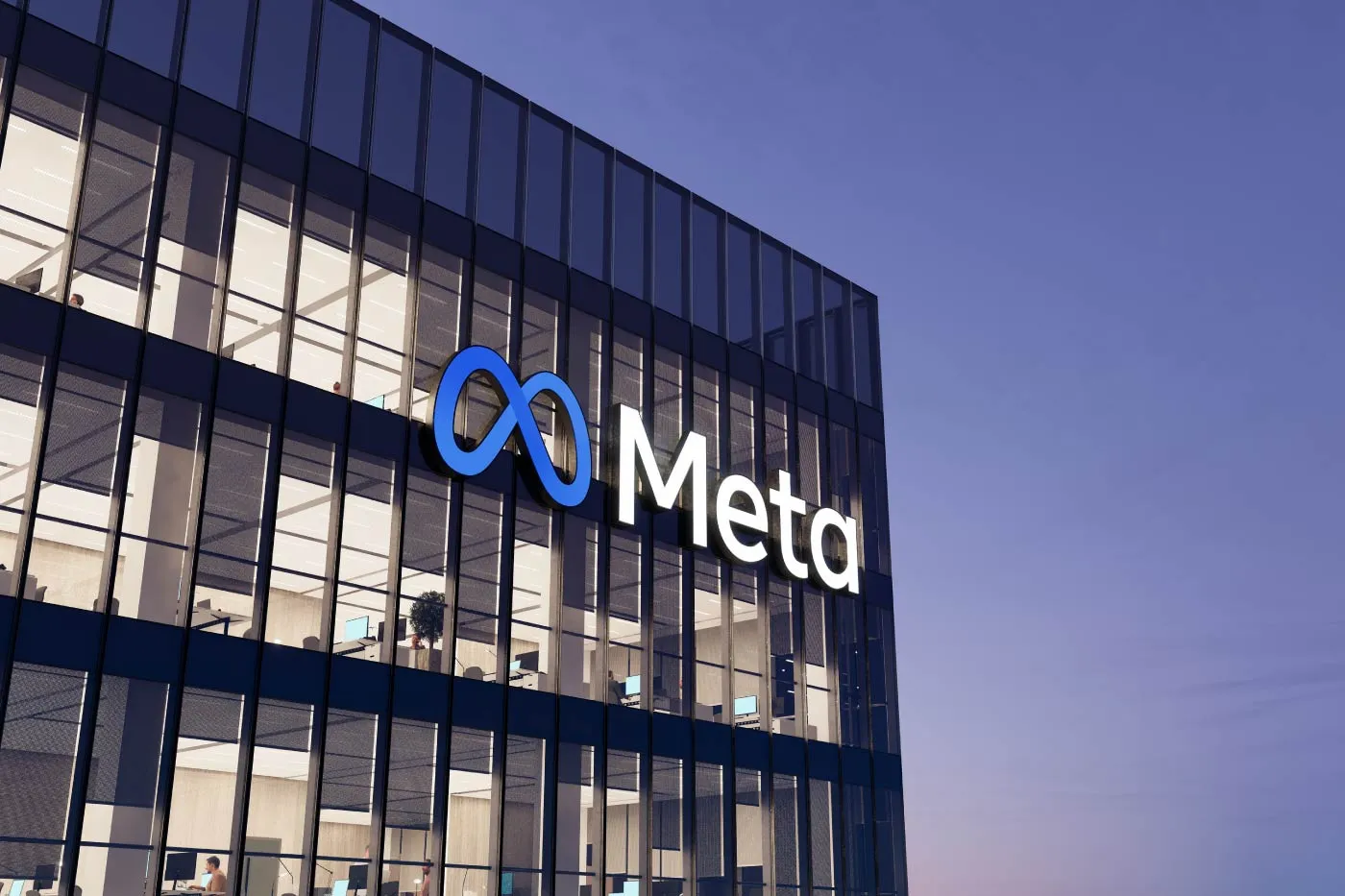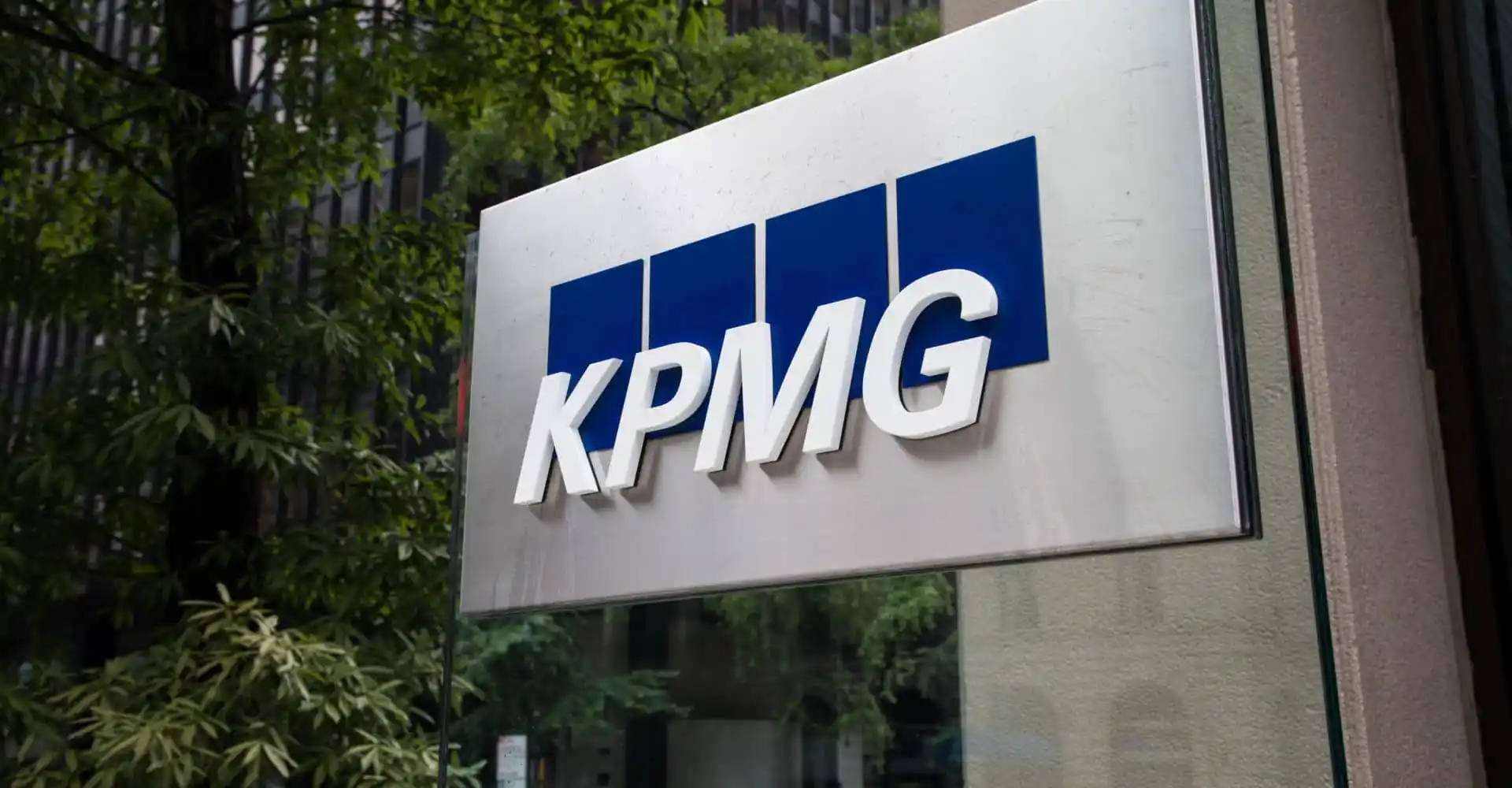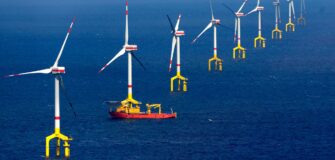EU Parliament to Push Companies to Mitigate Their Negative Social and Environmental Impact
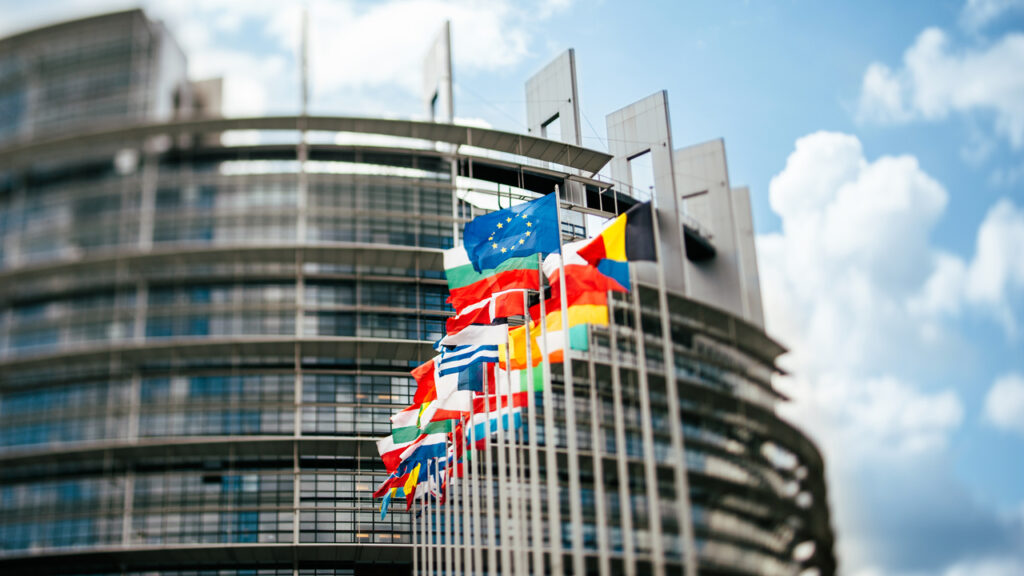
|
Listen to this story:
|
- Due diligence must be integrated into the way companies are managed
- Addressing child labour, slavery, labour exploitation, pollution, environmental degradation and biodiversity loss
- Fines of at least 5% of a company’s net worldwide turnover if they do not comply
On Thursday, Parliament adopted its position for negotiations with member states on rules to integrate human rights and environmental impact into companies’ governance.
Companies will be required to identify, and where necessary prevent, end or mitigate the negative impact of their activities on human rights and the environment such as on child labour, slavery, labour exploitation, pollution, environmental degradation and biodiversity loss. They will also have to monitor and assess the impact of their value-chain partners including not only suppliers but also sale, distribution, transport, storage, waste-management and other areas.
The new rules will apply to EU-based companies, regardless of their sector, including financial services, with more than 250 employees and a worldwide turnover over 40 million euro as well as to parent companies with over 500 employees and a worldwide turnover of more than 150 million euro. Non-EU companies with a turnover higher than 150 million euro, if at least 40 million was generated in the EU, will also be included.
Directors’ duty of care and company’s engagement with stakeholders
Companies will have to implement a transition plan to limit global warming to 1.5° and in the case of large companies with over 1000 employees, meeting the plan’s targets will have an impact on a director’s variable remuneration (f.e. bonuses). The new rules also require firms to engage with those affected by their actions, including human rights and environmental activists, introduce a grievance mechanism and regularly monitor the effectiveness of their due diligence policy. To facilitate investors’ access, information about a company’s due diligence policy should be also available on the European Single Access Point (ESAP).
See related article: EU Parliament Supports Stricter Rules to Reduce Industrial Emissions
Sanctions and supervisory mechanism
Non-compliant companies will be liable for damages and can be sanctioned by national supervisory authorities. Sanctions include measures such as “naming and shaming”, taking a company’s goods off the market, or fines of at least 5% of the net worldwide turnover. Non-EU companies that fail to comply with the rules will be banned from public procurement in the EU.
According to the text adopted, the new obligations would apply after 3 or 4 years depending on the company’s size and. Smaller companies will be able to delay applying the new rules by one more year.
Parliament’s negotiating position was adopted with 366 votes in favour, 225 against and 38 abstentions.
Quote
“The European Parliament’s support is a turning point in the thinking about the role of corporations in society. A corporate responsibility law must ensure that the future lies with companies that treat people and the environment in a healthy way – not with companies that have made a revenue model out of environmental damage and exploitation. Most companies take their duty towards people and the environment seriously. We help these companies with this ‘fair business law’. And at the same time we cut off those few large cowboy companies that flout the rules,” noted rapporteur Lara Wolters (S&D, NL) following the plenary vote.

